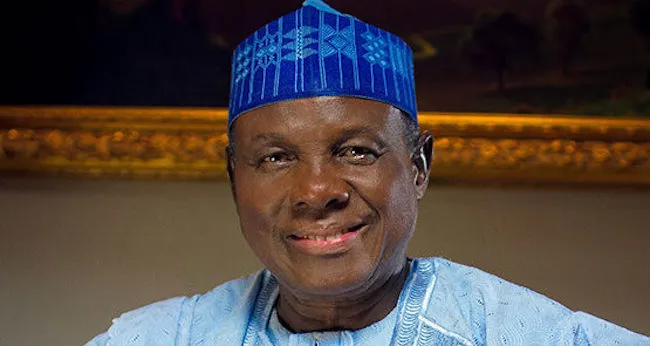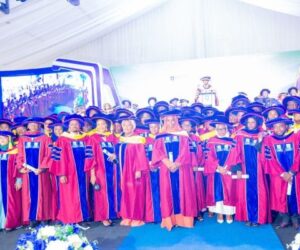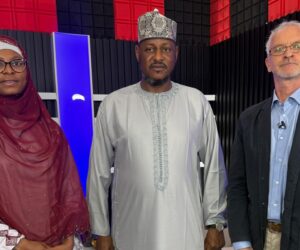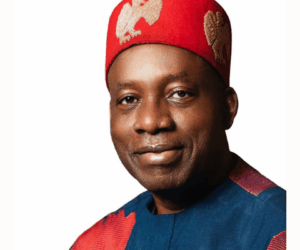Former Minister of Information and elder statesman, Professor Jerry Gana, has raised the alarm over Nigeria’s worsening border insecurity, warning that the country’s porous borders were fuelling the influx of arms, criminal elements, and rising violence nationwide.
Speaking in Abuja on Monday at an event to mark the 2025 International Day of Peace and the 25th anniversary of the Institute for Peace and Conflict Resolution (IPCR), Prof. Gana urged the Federal Government to move beyond acknowledging the problem to take urgent action to secure Nigeria’s territorial boundaries.
“Our borders are porous. People can come in anytime, any day, anyhow, and do whatever they like. It is not responsible. It is not proper,” he lamented.
Gana stressed that insecurity would persist unless decisive measures were taken to safeguard the nation’s borders, adding that peace, comfort, and prosperity would remain elusive without security.
“The Federal Government must take the issue of secure borders seriously. Otherwise, insecurity will continue to really reign in Nigeria, and peace and comfort will not be our domain,” he warned.
Gana further explained that without peace, development, prosperity, and even Nigeria’s national survival would be under severe threat.
According to him, peace should not be mistaken for the mere absence of conflict.
“Peace is not just the silence of guns. Peace is justice in action. Peace is leadership with integrity. Peace is equitable distribution and fairness,” he said.
The former minister also described the global decline in peacefulness as a serious threat to humanity and urged Nigerian authorities to prioritize equity, fairness, and national security in governance.
He said the 2025 International Day of Peace, themed “Act Now for a Peaceful World”, was very apt, describing it as both “a celebration of hope and a summons to urgent action.”
Also, speaking at the event, the Director General of IPCR, Dr. Joseph Ochogwu, underscored the urgent need for long-term and coordinated investments in peacebuilding, especially as Nigeria faces increasingly complex security challenges such as violent extremism, internal conflict, disinformation, and economic inequality.
“The world today is a complex tapestry of challenges, from geopolitical tensions to internal strife, from economic inequality to climate-induced conflict, from violent extremism to divisive narratives in social media.
“In the face of these headwinds, the message of peace is not a whisper; it is a powerful, urgent clarion call,” he said.
Ochogwu stressed that peace must be seen not merely as the absence of war but as the presence of justice, equity, and dignity.
He pointed to the Federal Government’s Renewed Hope Agenda as a policy framework that could support peacebuilding efforts, though he warned that implementation remained a critical challenge.
“In the spirit of the International Day of Peace, let us recommit ourselves to building a world where peace is not an aspiration, but a lived reality,” he added.
The IPCR, established in 2000 as a government think tank on conflict prevention and resolution, marked its 25th anniversary at the event.
Despite such efforts, Nigeria’s security situation remains dire.
Data from the National Human Rights Commission (NHRC) shows that at least 2,266 people were killed in violent incidents in the first half of 2025—more than double the 1,083 deaths recorded in the same period of 2024.
One of the most recent attacks occurred on August 19, when armed bandits stormed a mosque in Unguwan Mantau, Katsina State, killing at least 50 worshippers during early morning prayers.
The International Day of Peace, also officially known as World Peace Day, is a United Nations holiday observed annually on September 21.
Globally, the 2025 Global Peace Index revealed that while 74 countries recorded improvements in peacefulness, 87 experienced deterioration.








